
6 minute read
PROGRAM MANAGEMENT
PROGRAM MANAGEMENT
This section of the report focuses on management of the Program in 3 main areas namely, the program organization, human resource and finance.
Advertisement
The E4L program is managed by the Program Manager and the management of the Program remained largely functional. The Management Committee (MC) quarterly and provided leadership for the management of the program. During the first half of the year when cases of the coronavirus pandemic were skyrocketing the E4L partners instituted weekly meetings to address emerging issues to ensure the smooth running of the program. This was relaxed when the number of cases went down and restrictions were eased. The E4L program went on a partial lockdown for two weeks in April in which period the staff worked remotely. The Economic Governance Project Officer, Mr Mohammed Musah however resigned during the year. A new Governance Program Officer, Ms. Evita Emma Dunee was recruited to replace him. The School for Life Manager, Alhaji S. O. Saaka retired within the year. Ms Wedadu Sayibu was recruited as the new School for Life Manager.
The year 2020 began smoothly, and funds were transferred to the program in due time to kickstart program activity implementation. Funds were therefore made available at the district level for execution of program activities in time. Expenditure for Programme activities for the year 2020 were within estimated levels. The overal expenditure stood at DKK 6, 908, 578 against an annual busget of DKK 7,219, 328.
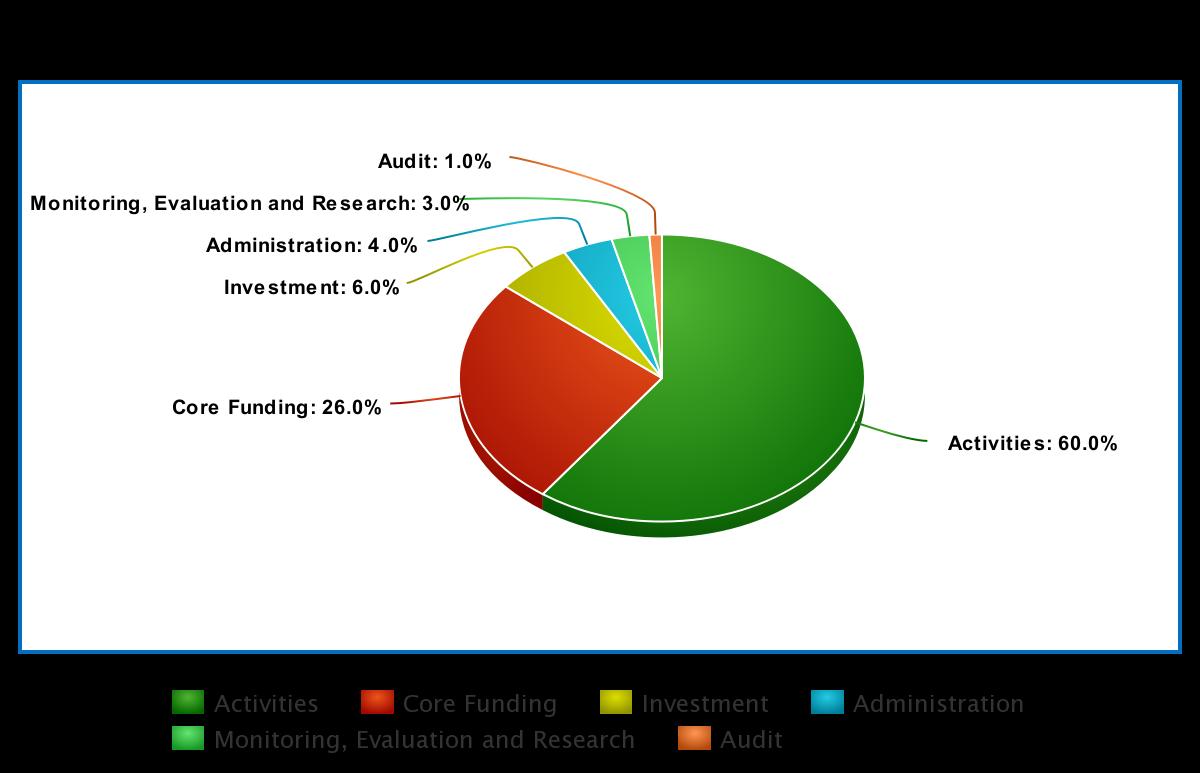
Some of the funds were devoted towards COVID-19 related activities including the provision of PPE to the Regional Coordinating Council (RCC) and District Health Directorates through the District Assemblies.
CONCLUSION
The launch of the new phase of the program at the beginning of the year helped to promote visibility of the program and inform stakeholders about the new dimensions in the program. The Coronavirus pandemic which affected the whole world did affect the E4L program since some activites were deferred to 2021. In 2021 the activties which were deferred (greatest among them are the education activities) will be given priority to ensure that the strategic area is not left behind. The COVID-19 does not show signs of ending soon and hence the program partners will ensure that adequate PPE are provided for staff to enhance the work of the program while observing the safety protocols and directives by the Ghana Government.
Citizens participation in MMDAs processes is increasing through the monitoring of capital projects and this has the potential of improving the transparency, accountability and performance of the MMDAs. Preliminary data show that, citizens raised 29 issues and got 13 addressed through the monitoring of capital projects and as such the program in 2021 will support more citizens to ensure they improve on monitoring of the capital projects and increase the number of issues they are able to get the MMDAs to address beyond the 45% addressed in 2020 in the execution of these projects. The fact that citizens were able to influence the MMDAs to address 29% of issues raised on IGF generation is significant as this has the potential of boosting citizens confidence in the MMDAs, improving transparency and accountability of the districts. These processes have the potential of contributing to improving the general performance of the target MMDAs. GDCA developed a compendium of best practices on local taxation and therefore will from 2021 share it will more stakeholders and promote the compendium. The GDCA cooperation with the Northern regional tax justice network, SEND Ghana, ISODEC and GII established in 2021 is significant and can enhance the work of the program in local taxation, tax justice and anti-corruption. To this end GDCA should strengthen this cooperation in 2021 and beyond. The acquired YCs for Karaga and Savelugu YCs has boosted the moral of the youth in the districts and hence plans by the program to make these spaces habitable will enhance the work of the YCs. The development of the social enterprise model in 2020 lays the foundation for finalizing and piloting the model in 2021.
The SfL championed the back-to-school campaign and this helped a lot of pupils to return to school and therefore in 2021 it will make sense to continue to run this campaign since the second wave of the COVID-19 pandemic is on its way. SfL will monitor closely the enrolment in 2021 to assess whether or not there was any impact of the campaign. The networks of PTAs and SMCs will be supported in 2021 to engage in the tracking of education resources after being trained. The review of the Teacher Professional Development model (TPD) allowed for lessons from the pilot phase to be incorporated in revised training manual. The model will be rolled out in 2021 in the other districts if the COVID-19 situation goes down and schools reopen.
Eighty-nine (89) of non-literate young women gained entrepreneurial skills after participating in the literacy and numeracy classes and VSLA. These young women will be closely monitored and mentored to start/expand and sustain their businesses in 2021 onwards. The literacy and numeracy classes helped them quite well in the entrepreneurship trainings and in acquiring literacy and numeracy skills and hence it will be good to train more non-literate young women using this model in 2021.
Two recommended appropriate resilient strategies are being demonstrated in Saboba and Karaga districts on bee-keeping and irrigation respectively after vulnerability assessment.
Results of this will be monitored and documented in 2021. The Farming-systems approach which was demonstrated in five districts enabled 80 farmers from 10 farmer associations to diversify livelihoods through goat rearing in the communities. As a result, the E4L program envisages demonstrating more of this in 2021 in the program area to improve livelihoods and food security. The E4L program plans to continue the trainings on organic compost preparation, community livestock workers and the farmer field schools as these are helping the farmers to increase yield and improve livelihoods. Despite the successes, the main challenges faced during the year were the COVID-19 pandemic which affected the education thematic area so much, the fall army worm infestation which affect farms and floods which made access to some districts difficult. Armed robbery cases have also risen in some of the districts and as such district staff are strategically planning activities such that it does not take them to night time. These will be monitored closely in 2021 and appropriate strategies adopted to ensure smooth running of the program.
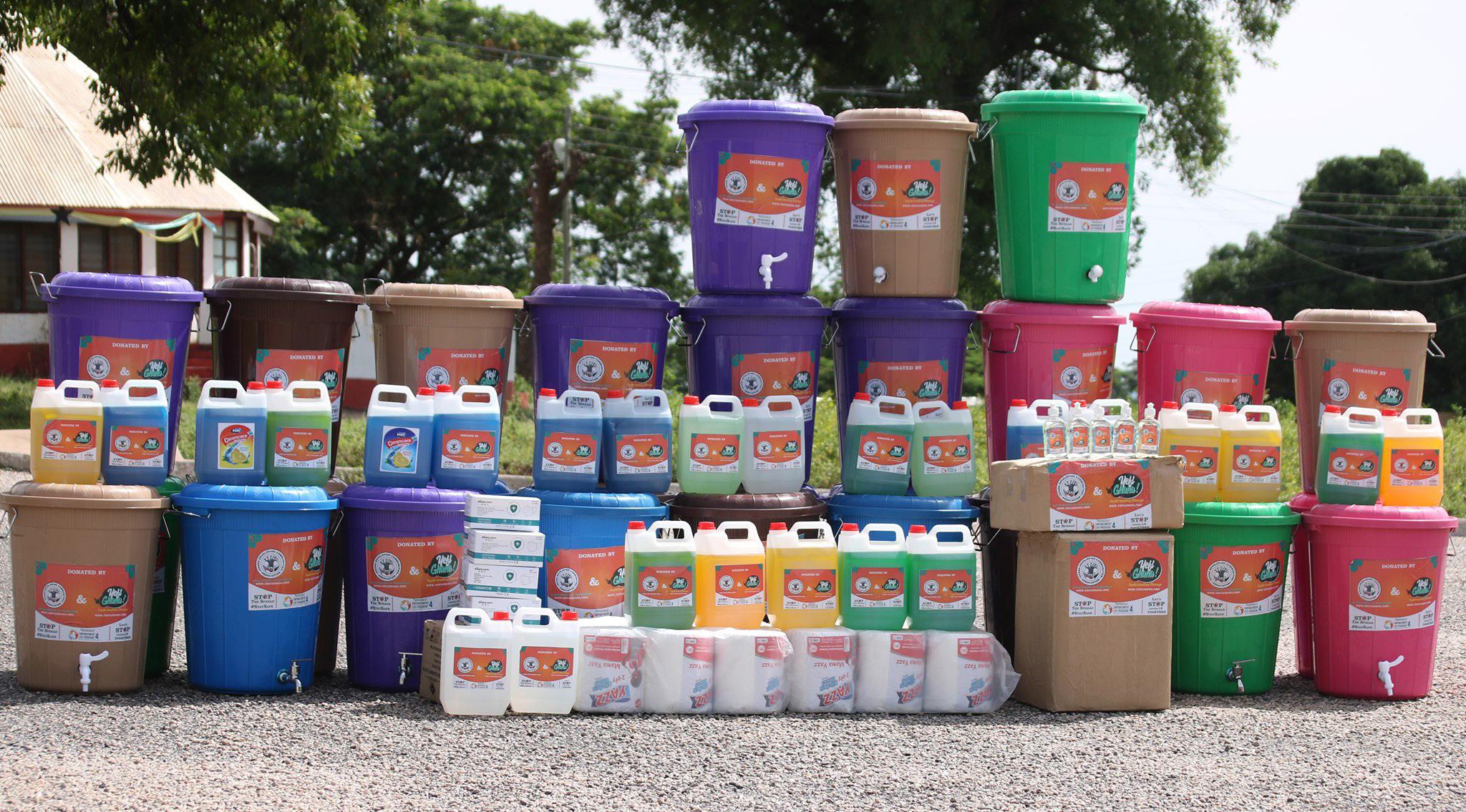
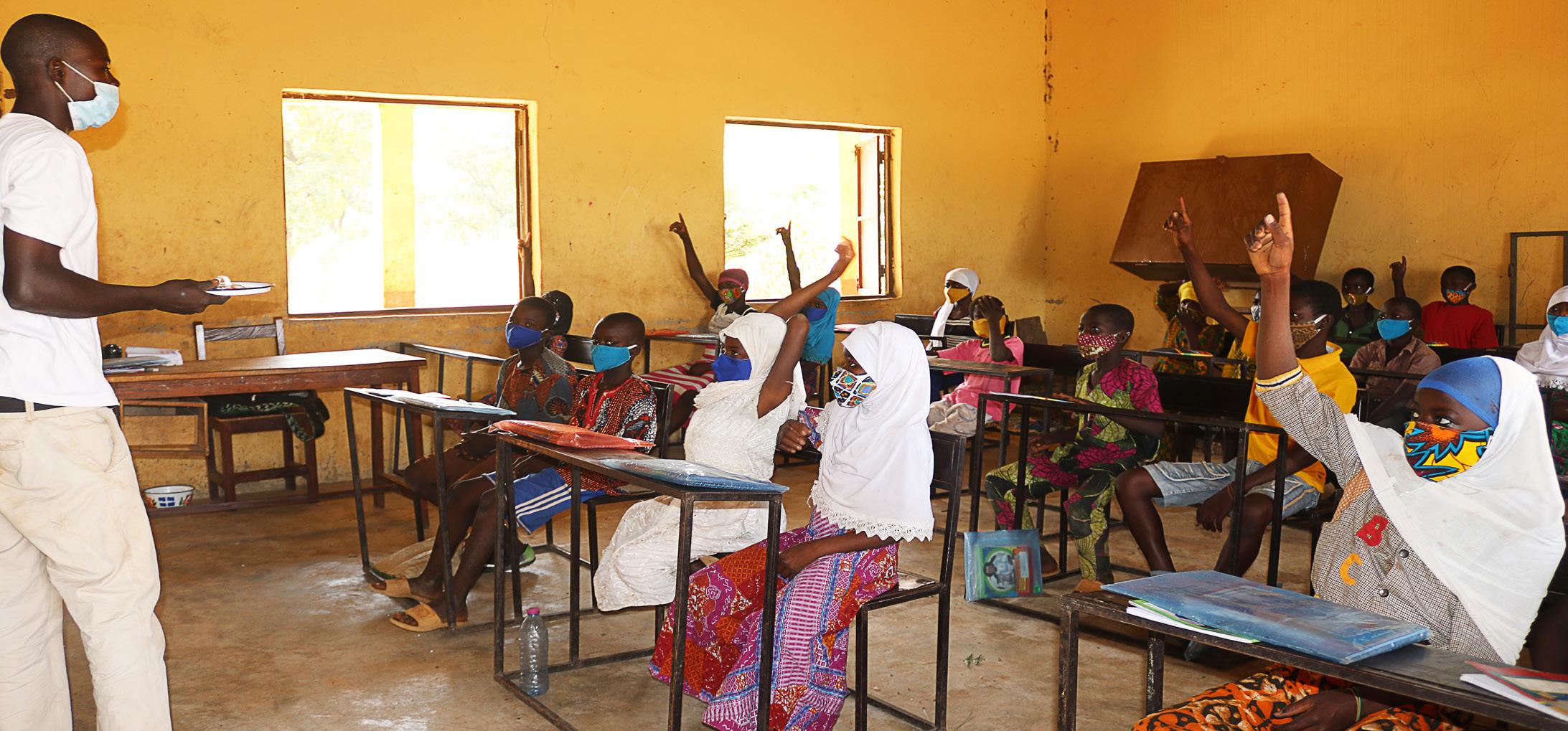
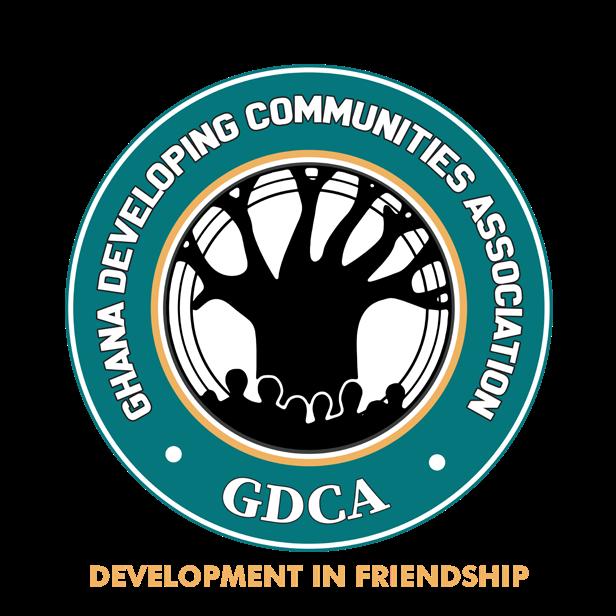
GHANA DEVELOPING COMMUNITIES ASSOCIATION (GDCA)
Walk In: CM Block IV, Civic and Culture Plot, behind Mariam Hotel, Tamale Digital Address: NS-067-4460
P. O. Box TL 2211, Tamale - Northern Region, Ghana Tel: +233 (0) 501333867, +233 9(0) 501333865 Email: info@gdcaghana.org Website: www.gdcaghana.org
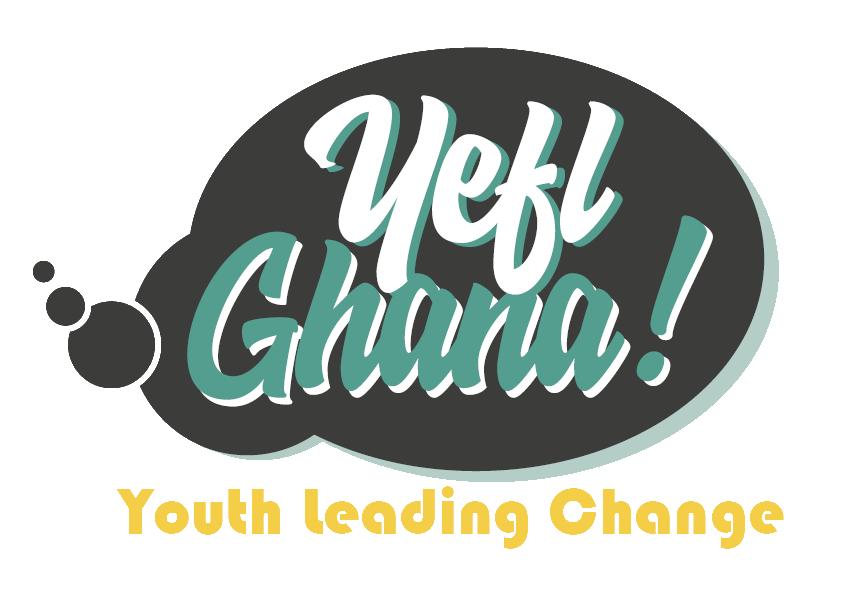
YEFL-GHANA
Walk In: Block B, House No. KR 56, opposite Klass One Court, Naa Luro Estate, Tamale Digital Address: NS-093-2748
P. O. Box TL 2498, Tamale - Northern Region, Ghana Tel: +233 (0) 243 252 844, +233 9(0) 501 387 534 Email: info@yeflghana.org Website: www.yeflghana.org

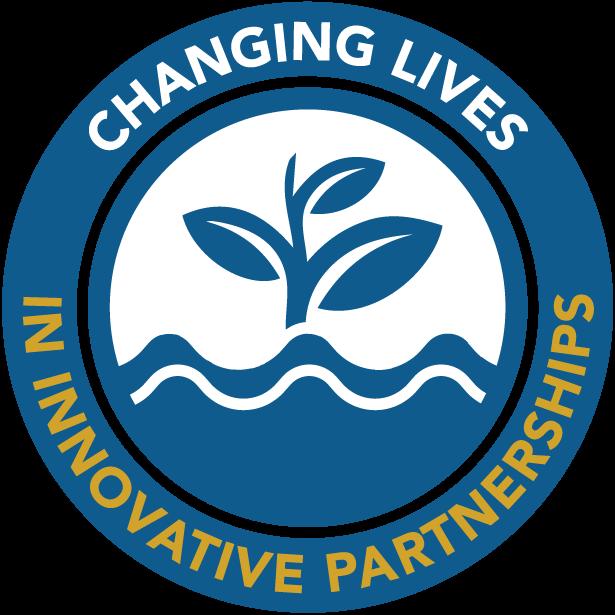
SCHOOL FOR LIFE (SfL)
Walk In: Naa Luro Estate opposite Klass One Court, Tamale Digital Address: NS-067-4460
P. O. Box TL 787, Tamale - Northern Region, Ghana Tel: +233 (0) 3720 22 023, Email: info@schoolforlifegh.org Website: www.schoolforlifegh.org
CHANGING LIVES IN INNOVATIVE PARTNERSHIPS (CLIP)
Walk In: CM Block IV, Civic and Culture Plot, behind Mariam Hotel, Tamale Digital Address: NS-067-4460
P. O. Box TL 2211, Tamale - Northern Region, Ghana Tel: +233 (0) 501333867, +233 9(0) 501333865 Email: info@gdcaghana.org Website: www.clipghana.org







